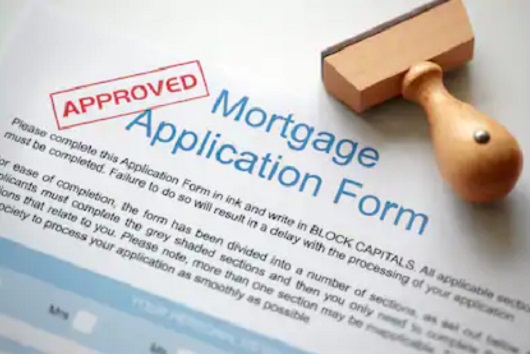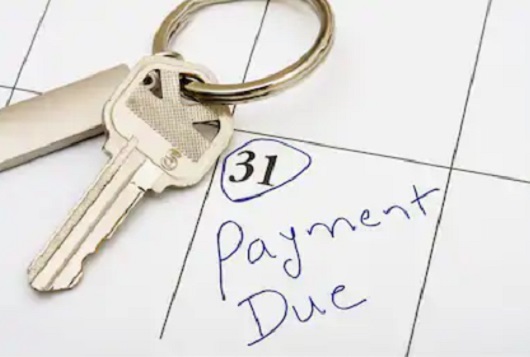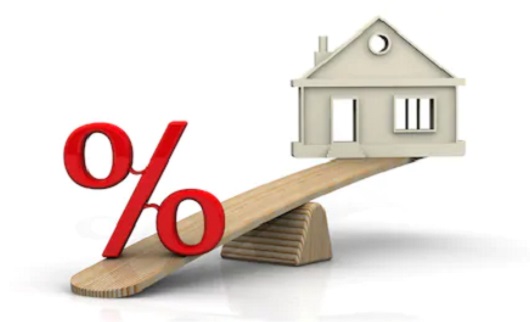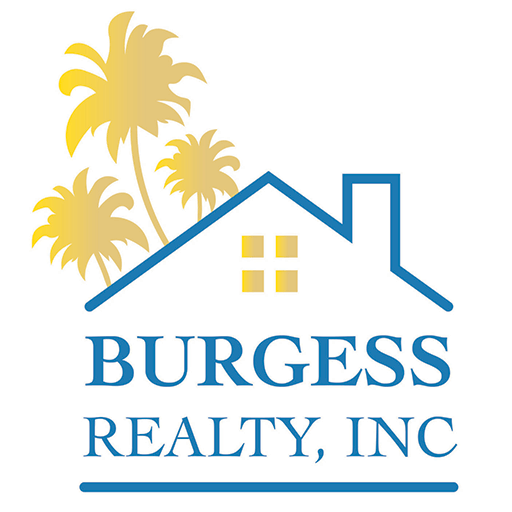Owning a home is a big responsibility. It’s a big leap from renting a home or an apartment. It’s a considerable financial obligation that shouldn’t be taken lightly.
Many people rely on taking out a mortgage to finance their home purchase. You’re basically borrowing money from a bank, credit union or other lending institution to pay for the price of the house over time.
Most mortgages run for 15 to 20 years or more.
Buying a home in Florida can take some time, but it certainly can be done. All you need to do is have a proper plan in place, including the mortgage.
Here are a few tips if you’re planning on applying for a mortgage:
1. Get prequalified for a loan.
One of the first steps in buying a home is getting prequalified for a mortgage loan. Sit down with your lender and discuss your intentions. They may ask for copies of pay stubs, employment history and credit history.
They will then use this information to determine what kind of loan they can offer you. They will usually also run a credit report. The better your credit score is, the more favorable loan terms and options you should receive.

2. Get your finances in order.
Before signing any loan paperwork, it’s a good idea to get your finances in order. Take the amount of the down payment, closing costs, insurance and other related fees or expenses that will have to be paid before you can close on a home.
Look at your current savings, and determine how much you need to save to reach this amount. You may want to create a schedule so that you know how long it will take you to achieve this task.
You can also examine your current spending habits to see if there are any unnecessary or redundant costs that can be eliminated. Cutting costs can help you reach your savings goal quicker.
3. Feel free to shop around.
You don’t necessarily have to accept the first offer that you receive. Once you’ve been prequalified for a loan, you’re free to shop around until you find the best rates and terms that meet your needs.
Pay close attention to the fine print, and read any contract carefully before signing it. The last thing you want is to be hit with unexpected fees or interest rate increases that you didn’t expect or budget for.
Some institutions may require a private mortgage insurance contract to be taken out when the mortgage contract is signed. Private mortgage insurance is put in place to help the lender if you default on your mortgage loan.

4. Pay your mortgage on time.
After you’ve signed your closing paperwork and have moved into your home, you’ll start paying your monthly mortgage and utility bills.
Putting these responsibilities on auto-pay can be more efficient because you don’t have to worry about writing a check every month. Just make sure that your mortgage payments are paid on time every month.
Missing payments or paying less than the required amount can result in late charges and other fees. They could cause you to pay more in the long run than the original value of the mortgage agreement.

5. Every mortgage is different.
No two mortgages are exactly the same. They will vary depending on the financing that an individual or couple qualifies for, as well as their needs.
The type of property, down payment amount and the amount borrowed will also differ.
There are many different types of loans and many different rates that are available. It can all be rather confusing for people who are unfamiliar with the terminology.
Talk to your lender so that you fully understand your options before signing a contract. They should be able to answer your questions and explain things in simple terms.
6. You have options in the future.
If you feel like you’re stuck in your mortgage agreement or that you simply won’t be able to pay off your mortgage in time, discuss your situation with your lender.
You may be able to refinance or extend your mortgage loan. There are plenty of other lending institutions that offer financing options as well if you’re not able to negotiate a new arrangement with your lender.
7. Know your interest rate.
There are two basic kinds of mortgage loans: fixed-rate mortgages and adjustable-rate mortgages.
Fixed-rate mortgages have a set monthly interest rate. It won’t increase or decrease over time. An advantage of this kind of loan is that you know exactly what your mortgage payment will be every month.
An adjustable-rate mortgage has an interest rate that fluctuates. The interest rate is typically higher during the first few years of the loan before it decreases. An advantage of using this kind of loan is that your mortgage payments decrease as the interest rate decreases.

8. There are government assistance programs that can help.
Depending on your situation, there may be government programs that can help you secure a mortgage loan. If you’re a veteran of the armed forces, you may qualify for a Veterans Administration loan. You’ll need a certificate of eligibility along with your separation release or discharge papers to be eligible.
Low-income rural residents may be able to qualify for a mortgage loan through the US Department of Agriculture. This is a good source for those who are typically not able to qualify for a mortgage through conventional means. Another resource is the Federal Housing Administration.
These kinds of loans are made through a bank but are backed by the FHA. This is an inexpensive alternatives that many people have turned to.
These are just some of the things to keep in mind when you’re considering a home mortgage. Every situation is unique, so don’t be afraid to ask questions and compare and contrast information and offers.
Once you’ve been pre-qualified and selected an offer that you’re satisfied with, you’re one step closer to the bigger goal of homeownership.
Have Questions? Ask Barbara!
Give Barbara Burgess a call at 321-615-4543 to learn more about local areas, discuss selling a house, or tour available homes for sale.

